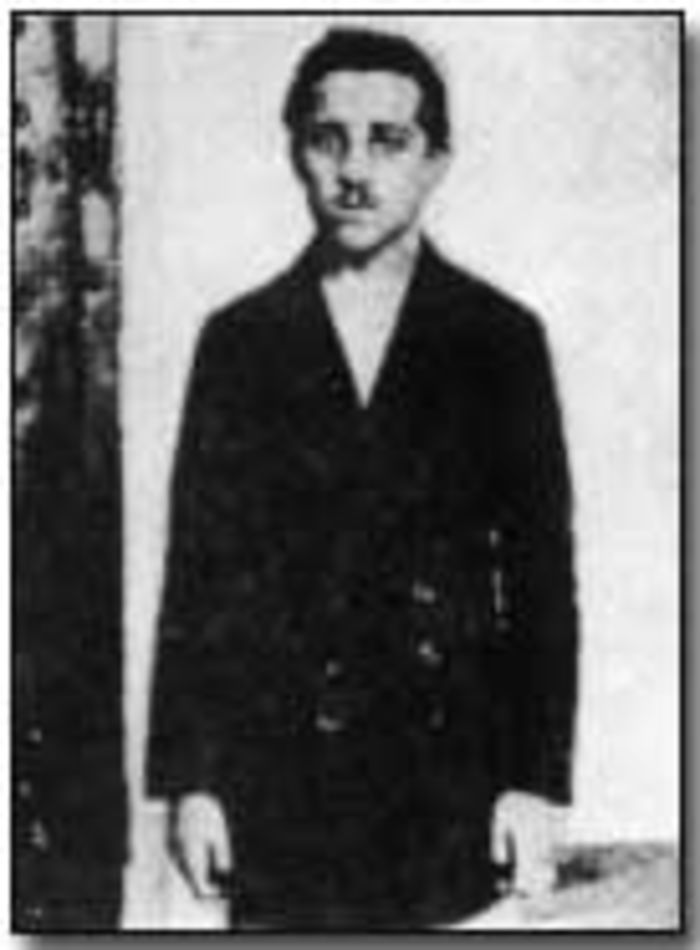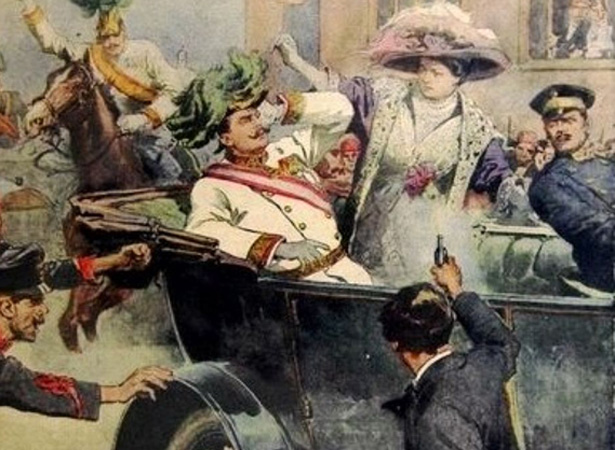
However, the ideals promoted were as lofty as they were impractical. Democratic and classically liberal, they called for freedom of the seas, restoration of territories and a strong League of Nations where no one power was dominant. Wilson’s Fourteen Points, then, should have been well received. With causalities estimating more than 38 million, World War I proved one of the deadliest conflicts in human history. They did so on Decemand the United States followed its British allies “ over there” to engage in combat and trench warfare. territory, President Woodrow Wilson asked Congress to declare war against the Austro-Hungarian Empire. In 1917, following the sinking of the Lusitania, a passenger ship with 128 Americans on board, including Alfred Vanderbilt, and the uncovering of an aggressive Zimmerman Telegram, in which Germany tempted Mexico with U.S. In reality, the times were hostile and few players could plead blameless. The “war to end all wars” seemed to be capable of resolving territorial claims in Asia and Africa between European powers, not to mention an excellent stage on which a newly unified Germany could flex its military muscle. As binding alliances and an arms race had been building for years, increasing displays of nationalism and imperialism created a hotbed for aggression.

Giesel had been instructed that, “however the Serbs react to the ultimatum, you must break off relations and it must come to war,” due to the growing tensions which plagued all of Europe, not merely the “ Sick Man.” Historians generally agree the assassination was the immediate cause of war, more the final straw than anything else. Yet even before Franz Ferdinand was assassinated, Europe was far from peaceful. In what is known today as the July Crisis, a series of ultimatums and forged alliances resulted in the declaration of World War I. The result was an ultimatum issued by Wladimir Giesl, the Austro-Hungarian minister in Belgrade. Shot by Serbian nationalist Gavrilo Princip, Ferdinand and wife Sophie died later that day. Perhaps it was in that very room on June 28, 1914, that Austro-Hungarian Emperor Franz Joseph received word of his heir apparent Franz Ferdinand’s assassination in Sarajevo. Yet before Kennedy met the Soviet premier, and his fate in Dallas, an assassination nearly a half-century earlier would change history. Kennedy and Nikita Khrushchev would meet in the palace’s Great Gallery during the Vienna Summit. Sumptuous and decadent in the Baroque and Rococo styles, the Hapsburg family’s summer retreat looks not a thing like the rustic Camp David or the rambling Kennedy compound at Hyannis Port. There is a palace in Vienna called Schönbrunn. France and Britain joined the cause after a failed Schlieffen plan by Kaiser Wilhelm.Gavrilo Princip killing Archduke Franz Ferdinand (credit: Wikimedia Commons) Russia supported Serbia and went to war to protect them after Kaiser Wilhelm and Germany supported the Austrian Cause. Serbia accepted all but one and Austria declared war on Serbia on July 28th, 1914. They were to admit the clauses of a document sent to them. The Austria-Hungarian government blamed Serbia for the attacks and sent them an ultimatum. This assassination set off a chain of events which descended into war. He took his opportunity at fired at the archduke and his wife, killing them both.

On the way to visit these people, his driver took a wrong turn, right into Franzjosefstrasse, where another member of the Black Hand Gang, Gavrilo Princip had been buying lunch. The archduke and his wife were taken to safety, however, he decided that they should go visit these wounded people in the hospital. The bomb hit the back of the vehicle and missed the Archduke, hitting and wounding bystanders. It was at this point that a Serbian nationalist from the Black Hand Gang, Nedjelko Cabrinovic, threw a bomb into the car. On June 28th, 1914, the archduke and his wife, Sophie, travelled in an open top car through the streets of Sarajevo. On the day that he was assassinated, Franz Ferdinand had travelled to Sarajevo in order to inspect his troops there. Thanks to this annexation, many nationalist groups had been created as they believed they should be allowed to join the new independent Serbian nation. Austria-Hungary had annexed the Balkans in 1908 and in turn infuriated the Serbian nationals there. Archduke Franz Ferdinand was the heir to the Austro-Hungarian Empire.


 0 kommentar(er)
0 kommentar(er)
